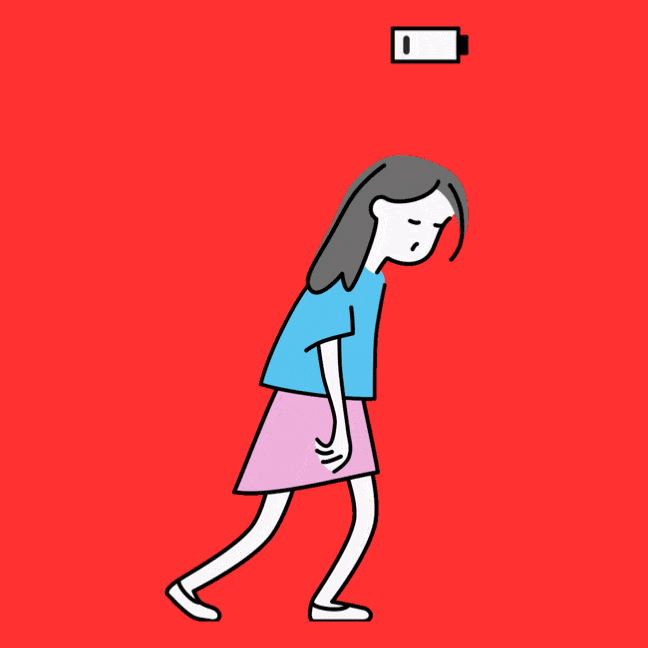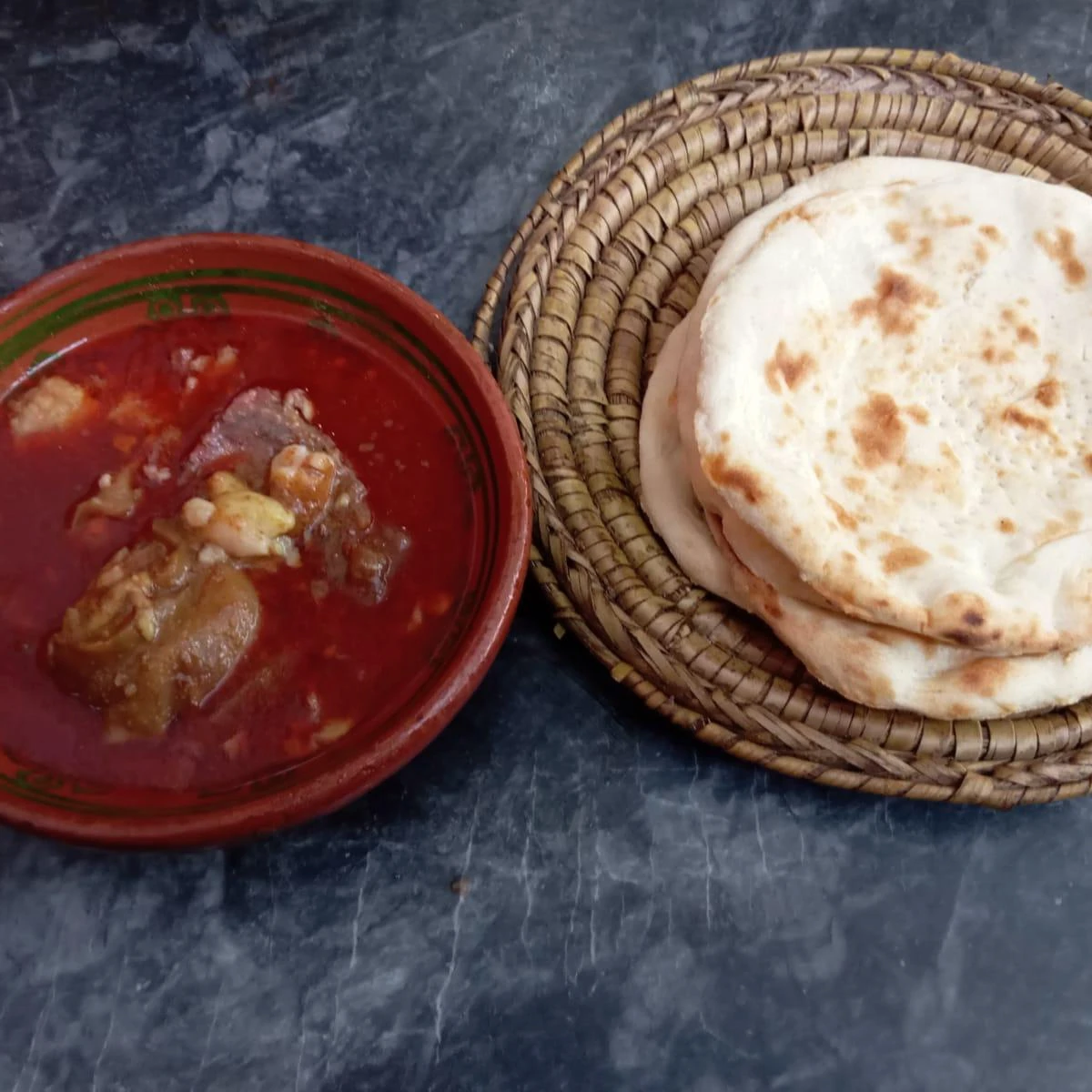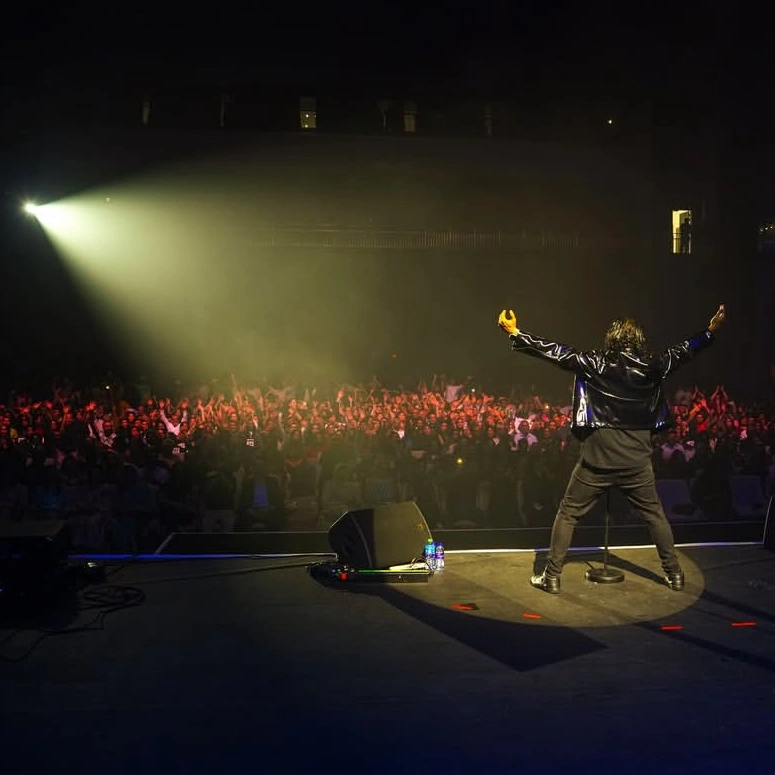The garden is aglow with the warmth of the fairy lights that form a canopy above the lawn tables covered in white linen. Club members are in high attendance despite the sweltering summer that always seems to arrive a bit too early in Karachi. The program host’s voice booms through the speakers cutting through the soft music playing in the background, as he calls out the next numbers, “Two fat ladies, number 88!”. Amused laughter erupts from the crowd as everyone looks for the numbers on their bingo cards; waiters in crisp livery, discreet and vigilant, circle around to top up teacups. Members are dressed to the nines, the women in the shimmering silks flaunting their luxury handbags, and the men in smart casual, chinos and tucked in polos with expensive watches on their wrists. Animated conversations in English and Urdu can be heard discussing tennis socials at the club next week and what to wear to the next party.
This is Bingo Night at the Defense Authority Club. There is no trace of Karachi’s usual clamor; no traffic noises or loud car horns, stray dogs or loitering men. Only the clinking of crockery, a hush that settles before each new number is announced, and the whoop of victory that follows. Behind high wrought iron gates and manicured hedges lies the DA Club. More than simply an exclusive country club, it may be more accurate to call it a microcosm of postcolonial power. Nestled within the posh residential area of DHA Phase 2, like all DHA clubs, it is not a colonial era club but rather military-owned, though it seems to function on the same values and customs.
Such military-operated country clubs peppered across the major cities of the country are socially exclusive, accessible only to those who are given membership after a thorough vetting process, and only then allowed to step foot on these manicured lawns. The precursor for such clubs of course are the British Raj era clubs, that stridently excluded Indians, women and the working class, and were enjoyed solely by high-ranking British officials. After independence, these country clubs opened their doors to those who wear civilian clothing - for a price, of course.
In a city where inclusive spaces are diminishing and social divides are gaping, exclusive clubs like the DA Club stand as an example of how colonial legacies continue to shape contemporary Pakistani culture. After almost 200 years of British colonization, Pakistan has sought to erase many colonial traditions and customs. Elphinstone street - once the bustling heart of Karachi – is now renamed Zaibunnisa Street; the city's financial district, II Chundrigar Road, was once named after John McLeod, the Deputy Collector of Customs in British India. However, such changes seem cosmetic alone, when compared to the reality of how so many of those cultural mores not just remain but thrive in today’s Pakistan/ Operating under military ownership, the country clubs in DHA as well as other private clubs in Karachi such as the Sind Club, Boat Club and Karachi Club, reflect a culture of control, power and elitism - values inherited from the British Raj, and in fact uphold power structures. These cultures and traditions tell a deeper story about who gets access to leisure and who remains shunned.
As I walk into the DA club, past the security guard, I am welcomed with a scenery quite unlike what I’m used to in the city. A prominently displayed board with club regulations stands as a stark reminder of the protocols, dress codes, behavioral expectations, parking directives and even permissible topics of conversation; the rules are laid out precisely. Freshly cut well maintained lawns with neatly trimmed bushes, and flower beds lined with roses create a lively ambiance. Lamp posts around the courtyard cast a golden light. The parking lot is dotted with luxury cars, and the garden area has a smattering of lawn chairs and tables where members lounge and dine. The club members adhere to the rules and dress codes with effortless familiarity. The attire, mannerisms and their ease in drifting between English and Urdu, point to the fact that all members of the club belong to the upper class.
During my phone interview with the Club Secretary of the DA Club, a retired colonel, he said: “Not everyone can enjoy this facility because Rs. 2M is the DA club entrance and membership fees”. He chuckled and emphasized, “Rs. 2M is a lot of money”.
When I asked what criteria is considered when shortlisting applicants for club membership, the Club Secretary asserted that the club is a second home to many of its members, particularly to senior citizens around the age of 65, and the main focus of the selection process is, “ethics, morality and some civilization.”
The process for membership approval is strict, based on criteria such as class, education, morals and values. The current DHA Secretary, a retired brigadier, who has the final say in the awarding of memberships of all the clubs of DHA explained the criteria for approval: “We consider the candidates should be well rounded in all aspects - social, moral, religious - and will easily mix in the club environment.”
Achieving a club membership is not just a matter of money; possessing a certain social status i.e. the right kind of social and cultural capital is fundamental. “The clubs are not the essential need of any person in a society. It is a status symbol that differentiates you from another person in the society because the club gives you extra privilege and is for those people who can afford it”, said the Club Secretary. “A Defense resident who is a member of a club will feel elated to tell you that I am a member. They are given those facilities also which are normally not in a very good shape in Karachi, like the gymnasium and swimming pool.”
Increasingly, inclusive public spaces have started to disappear and decay, and are being replaced by exclusive private spaces, succumbing to the pressures of elite-influenced real estate development. Most public space has been illegally acquired and repurposed into recreational and leisure spaces for the upper class, leaving vulnerable groups such as women, children and elderly without spaces to gather outside their homes.
These private spaces, giving the illusion of being public, fill the gap left by the government’s failure to provide its citizens free-of-cost amenities such as recreational spaces where they can sit, relax and socialize. An example of this is Saddar, once the heart of Karachi, that housed several cinemas, bookstores, libraries, bars, billiard rooms and dining spots accessible to people from all walks of life. According to the notable architect Arif Hasan, land use, commercialization and push for high-rise developments destroyed public spaces and public life in Karachi. He noted that Saddar has moved from a multiclass entertainment space to a populist commercial and eating space. This inaccessibility negatively impacts the vast majority of the population of the city who are unable to afford access to private enclaves and clubs.
Farhana, a member of the DA Club since 2005, says she joined the club for her kids, wanting them to grow up active in sports and felt the club would be the perfect place for them to socialize. She explains: “In a city like Karachi, the role of the club is very important, because space is limited and often not secure. People need a venue where they can interact freely and network comfortably.” On the flip side, Anum, 24, who is not a club member said, “I obviously can’t help but want to be a part of that world.” She lamented the unfortunate reality that these clubs are only accessible to those with the right bank balance or social connections. She continues: “Stepping out in this city feels like navigating a broken place, while inside these clubs, it’s a totally different world, one where constant effort is being poured into maintaining something perfect for those who are already privileged. It’s as if these people are living in a separate Karachi. And as a woman, I’d say this exclusion feels even more frustrating”.
Similarly, Laiba, 21 a resident of North Nazimabad says, “The idea of going to a free public space is now looked down upon, and every social activity comes with a price tag. Even though it's standard practice to spend time on sidewalks and in parks all over the world, in Karachi, the only socially acceptable places to visit are ones that you're born into.”
While clubs in Karachi were originally designed to serve colonial elites, they have now been co opted by dominant institutions and have seamlessly transitioned into enclaves for the ruling class: military officials, bureaucrats, and business elites. These upper-class locals have recreated the world of their former rulers in the very institutions that they were once barred from. These spaces and individuals seem to be completely desensitized to the realities and troubles of the outside world. The sprawling greens, tennis courts, grand dining halls, black-tie events, bingo nights which encourage social capital, connections and the opportunity to solidify social circles completely shroud one from outside troubles.
Much like the British gentleman clubs, country clubs in Karachi ensure that the environment is carefully curated. While back then, the exclusionary criteria were based on race, religion and gender, in the present day, the Club Secretary is eager to explain that the executive committee - consisting of DHA Administrator, DHA Secretary, Senior officials from the Navy and Air Force as well as two civilian club members - does not discriminate on the basis of gender, religion, caste, creed or sect, but in fact supports the intermingling of all people.
However, the intermingling and assimilation of people from diverse backgrounds seems to be more theoretical than practical. Like all clubs within DHA, the DA Club too operates under military ownership and management, with retired army officers serving as club secretaries. This lineage, steeped in colonial tradition, explains the emphasis on discipline and decorum. Within the military, adherence to strict rules and expected norms is ingrained, which extends to officers' families. For the small minority of club members, who are mostly retired, current military personnel and other affiliated members, these regulations are not perceived as stringent but rather familiar and expected and even celebrated.
For the civilian members, however, the rules represent something different. Instead of following the rules like a routine, they adapt with a sense of pragmatism, recognizing the club’s social cachet. Guests, especially, often enjoy the opportunity to “dress up”, viewing club outings as a place to showcase their wealth and opulence. Should they fail to conform to the rules and decorum of the club, they may be asked to leave the premises, issued a warning notice, or in extreme cases, even have their memberships suspended.
According to the DHA Secretary, this discipline and “cultured” environment is a key draw. When asked why they seek membership at the DA club, prospective members often cite the club’s sports facilities, good food, and disciplined atmosphere - qualities they particularly desire for their children. They seek a setting where their children can grow up and expand their social and cultural capital through interactions with like-minded individuals.
To the elite with access to these clubs, it may seem like a site of harmless luxury, but it is a reflection of an unabating systemic issue of decaying public spaces and the reproduction of power. The colonial blueprint is alive, etched not in law, but in memberships, dress codes, guest lists, and sprawling gated lawns. Elites who have the capital and ability to advocate and build exclusive spaces are unbothered as they enjoy the luxury without the mess and disorder of the city. These clubs don’t just preserve privilege but normalize it, embedding hierarchy and exclusion into everyday routines. Much like colonial rule, these clubs don’t just draw territorial boundaries physically amongst the residents of the city, but also reinforce them metaphorically.





